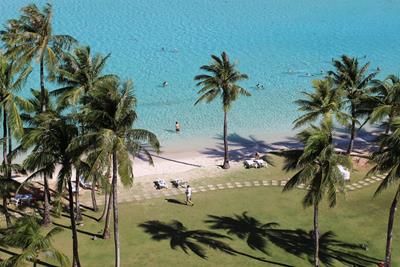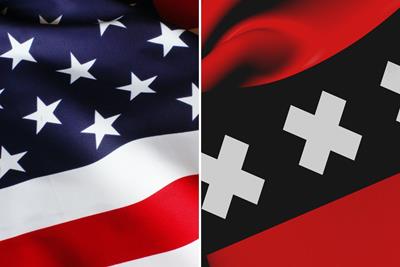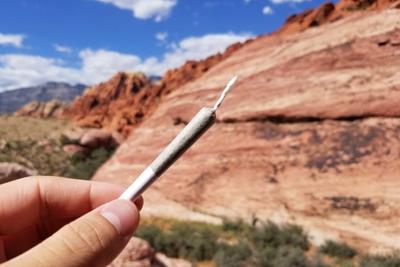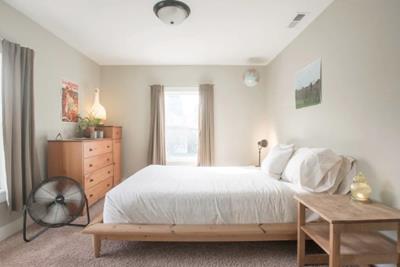
Friday September 21, 2018
By Erin Hiatt
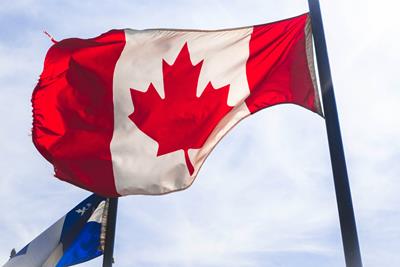 Travel
Travel
When now-Canadian Prime Minister Justin Trudeau began his run for office in 2015, one of his campaign promises was to legalize cannabis for all adults in the Great White North. Trudeau, who said that the only group benefiting from marijuana prohibition was organized crime, also shared that he had often shared joints with friends. And now that he is firmly installed in office, the final touches of The Cannabis Act and Canada’s legal cannabis market are becoming solidified in anticipation for the nation’s official legalization date of October 17, 2018. But what exactly will Canada’s legal cannabis industry look like? And what will be legal nationwide?
To give you a better idea of how Canada plans on rolling out legislative framework for legal cannabis, let’s take a closer look.
The U.S. Response
Before we dive into more detail about the legal framework of recreational cannabis in Canada, it’s important to note how legalization might affect the relationship between the U.S. and Canada. As details continue to get finalized ahead of the October legalization date, one thing that has emerged very clearly is the U.S. response, led by avid-prohibitionist Attorney General Jeff Sessions, who warned a group of conservative Canadian senators that Canadians should expect longer wait times at border crossings because of enhanced screenings and queries about their drug history.

The U.S. and Canada share the longest terrestrial-water border in the world. Running about 4000 miles long, it is about twice as long as the border shared with Mexico. Tougher questioning at the border could impede the comings and goings of thousands of Canadians every day. To make things even more punitive – and unwittingly encourage lying to a federal agent – some Canadians could be barred entry into the U.S. or even banned for life if they admit consuming marijuana to border patrol.
Legal Framework for Recreational Cannabis in Canada
So, let’s assume that you are Canadian, and that you will only buy and consume marijuana in Canada. Much like the U.S. has cannabis laws that vary from state-to-state, a fair degree of decision-making and regulation development has been left up to the individual provinces and territories of Canada. Essentially, even though cannabis will be legal nationwide, what is legal in one province or territory may not be legal in another.
Canada’s legal cannabis law is intended to reduce youth access to marijuana, reduce criminal activity and the burden on the criminal justice system, protect public health though product safety and quality requirements, provide a space to legally produce cannabis to reduce illegal activity, and allow adults to purchase and possess cannabis from the legal market.
Here’s the nutshell version of the law:
General Cannabis Laws in Canada
- Canadians will be able possess up to 30 grams, or a little more than one ounce, of dried cannabis in public (or its equivalent in other legal cannabis products)
- Are able to share up to 30 grams with other adults of age
- Can grow up to four plants per household (in every province but Manitoba and Quebec), and turn that harvest into edibles (like food or drinks), provided that no toxic solvents are used
- May purchase plants, seeds, or fresh or dried cannabis from a provincial or territory-regulated retailer, or a federally licensed producer
The age of access for legal cannabis is pretty much aligned with the drinking age in Canada, which also varies province by province but is generally 18 or 19-years old, at least two years younger than the U.S. drinking age. For the most part, consuming on private property and residences will be legal. But, landlords may be able to prohibit cannabis use on their property, as they frequently do with tobacco. And some condo boards are getting ready to prohibit home grows, regardless of whether the units are owner-occupied.
For a complete breakdown of cannabis laws in each specific province or territory, click here.
Several provinces will allow smoking cannabis in the same spaces where tobacco consumption is allowed, unless in a vehicle or near a school. But where people can purchase cannabis is a mixed bag and different in each province. Private retailers, provincial and government retail stores, and online sellers in varying degrees will all play a part in the retail market. Additionally, edibles and concentrates will not be available for sale to consumers – although government officials have claimed they will be legal for purchase one year after the initial launch date of October 17, 2018.
Changes in Law Enforcement after Legalization
One change that will be implemented when cannabis legalization goes into effect is a more forceful law enforcement approach to drunk and drugged driving. The recently passed Bill C-46 will allow local and provincial law enforcement, and the Royal Canadian Mounted Police (the national police service enforcing public safety) to demand a saliva sample if they suspect that a driver is drug-impaired. If a driver has been consuming alcohol and cannabis at the same time, or has more than five nanograms of THC in their blood, they could face stiff penalties and jail time.

An aspect of the law that is still unsettled is whether amnesty will be given to those convicted of cannabis possession. Way back in 2002, a senate study on drug decriminalization recommended drug amnesty for anyone with a pot conviction, but there wasn’t much movement on that until 2016 when it became clear that legal markets were going to proceed. At that time, some 55,000 cannabis charges were cleared, 76 percent of which were for possession. However, the amnesty matter is still unsettled, as government officials say that they believe it is premature to grant amnesty when the new cannabis laws haven’t yet taken effect.
So hang tight, Canadian friends, legal markets are coming. And be careful at the border!
How do you think Canada’s legal cannabis rollout will go? Comment below!




